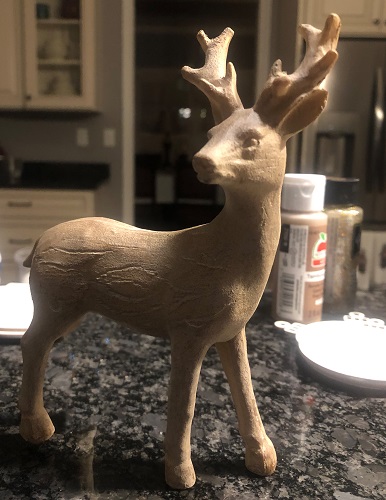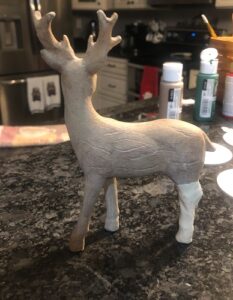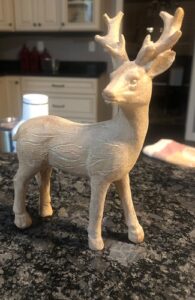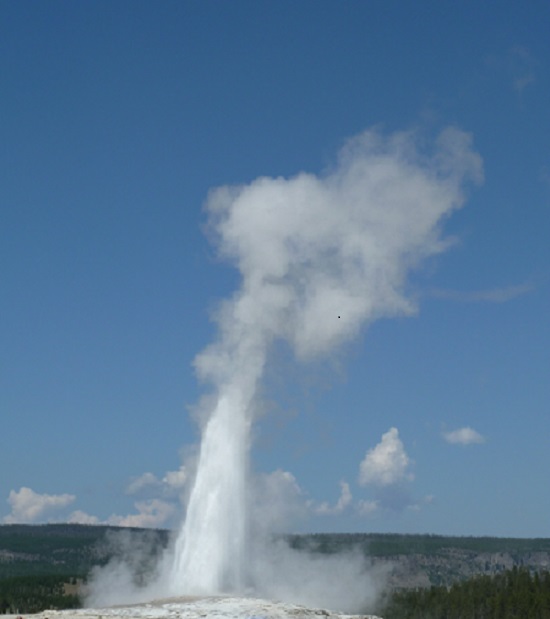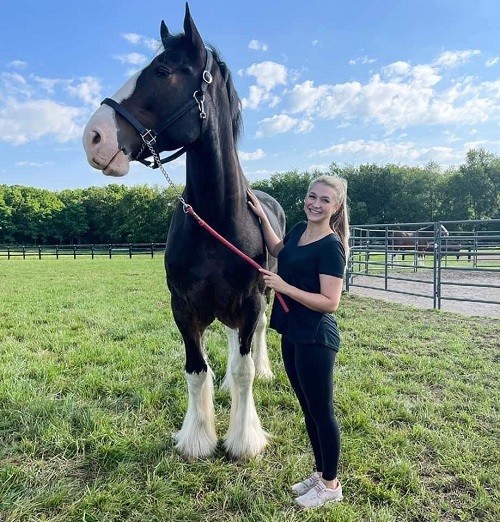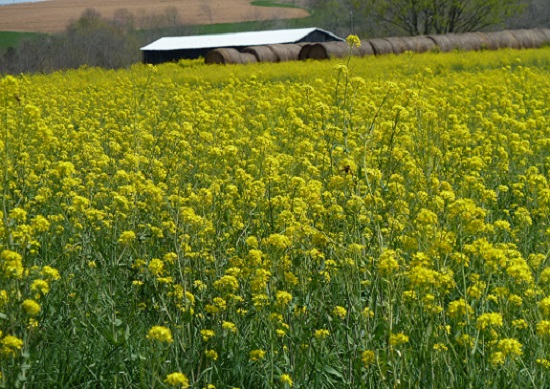Hand Over Fist
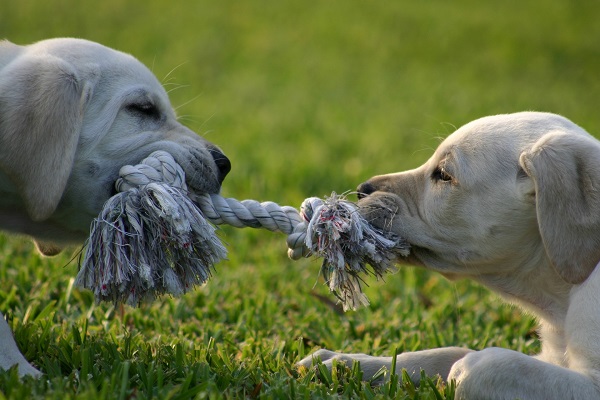 When puppies have a tug of war, they use their mouths. However, people pull with their hands. Each team wants to pull the other over a line between them. Team members pull by alternating hand over fist.
When puppies have a tug of war, they use their mouths. However, people pull with their hands. Each team wants to pull the other over a line between them. Team members pull by alternating hand over fist.
Today, hand over fist usually means a quick and continuous action.
- Playing tug of war
- Climbing a rope
- Pulling something or someone with a rope
According to The Phrase Finder, an earlier version was hand over hand and meant “making steady progress.” Steady progress may be slower. However, it often results in more secure and lasting results.
This expression frequently refers to people who make money hand over fist.
Shrewd financial decisions increase their wealth. They may not grab money with their hands, but they do profit from business deals. Many times, their gain means someone else’s loss. They fight with no holds barred.
No decision or action should deliberately harm others.
The bottom line: If anyone suffers unnecessarily, the price is too high. Neither financial profit nor social gain are worth it. In a personal tug of war, let love for God and love for others pull every choice to the right side.
“The love of money is a root of all kinds of evil. Some people, eager for money, have wandered from the faith and pierced themselves with many griefs” (1 Timothy 6:10 NIV).
Thanks to Cindy Shoemaker for the suggestion. Images by Darby Browning and Stéphane CHADOURNE from Pixabay
Do you have an expression you want explained or a thought about this one? If so, please comment below.
Subscribe to receive my weekly posts by email and receive a free copy of “Words of Hope for Days that Hurt.”
If you enjoyed this post, please share it with your friends.

